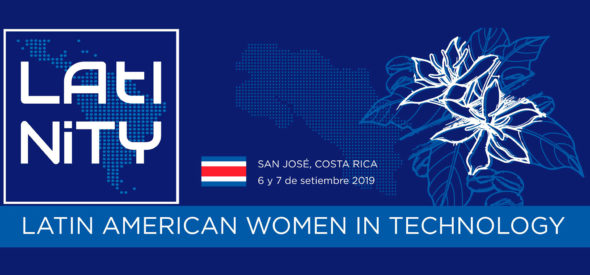PubliElectoral: Little transparency in Mexican, Chilean and Argentinian elections
During the 2021 elections in Argentina, Chile and Mexico, our PubliElectoral software tool tracked political ad spending on Facebook, the most favored social media platform by parties and candidates for their campaigns. The results show a common feature emerging from their examination: the lack of transparency in the finance reports presented.
Although election authorities in the three countries created mechanisms to render campaign expenditure, the statements submitted were obscure and deceptive. The Association for Civil Rights (ADC) presents some of the comparative results of the three experiences in this infographic.
First, we should point out the high number of posts channeled through social networks during these election periods. Leading the trend is Mexico, with 89 percent, followed by Argentina, 61 percent, and Chile, 36 percent in the first stage and 59 in the ballotage.
Concerning accountability, Chilean candidates are obviously misreporting their campaign expenses, besides the fact that the item is not very specific in the disclosure forms. In Argentina, several parties were found to have reported zero expenditure, although the ads we collected showed otherwise. Similarly, those drawn from the Facebook ad library in Mexico widely differed from the submissions made to the National Electoral Institute (INE), despite the establishment of auditing procedures in that country.
One of the most worthy contributions of the study was the discovery of what we named “satellite accounts.” This classification, created at the beginning of the project, accurately describes the election dynamics in social media by identifying unofficial pages, not registered with the election authorities but investing in ads and posting in content in favor of candidates and parties. Chile led the number of satellite accounts, with 38 percent, followed by Argentina, 35 percent and Mexico, 27 percent.
In all three countries, there is a “social, election or political ads” category in the Facebook Ads Library, which helps to set a standard for comparative analysis. However, only in Argentina and Chile is it mandatory to file a disclaimer, thus allowing to know who posts the ad, while in Mexico this is optional. It was also found that Facebook does not enforce the pre-election silence period, as activity was recorded in all three countries, either through satellite accounts, as in Mexico, or on the candidates’ official pages, as in Chile and Argentina.
Although the data collected by this study and its dissemination are fundamental, they prove insufficient: improving transparency in the political system requires adjusting the fine print that regulates election advertising on virtual platforms such as Facebook. There are challenges to overcome in this sense: on the one hand, the significant use candidates and parties make of social media during elections requires a revision of the statutes, leaving no room for obscurity in their interpretation; on the other hand, platforms should standardize the parameters for disclaim responsibility, as transparency in campaign financing could be improved by unifying criteria to enable a more even comparison between different countries.

